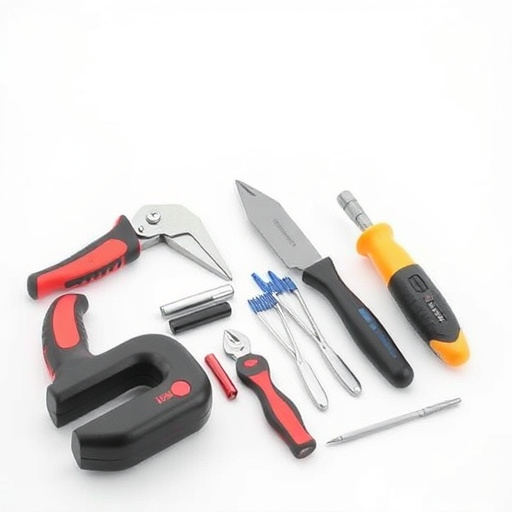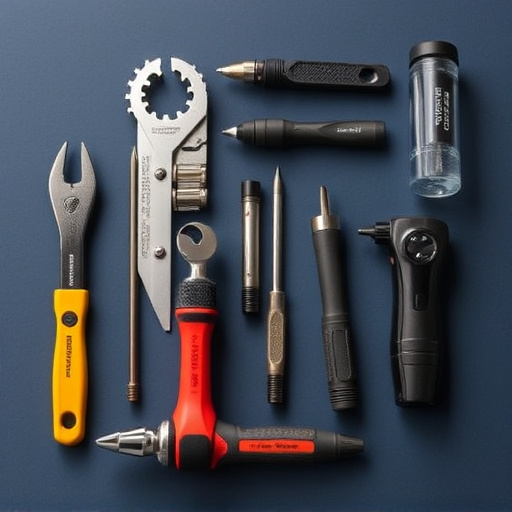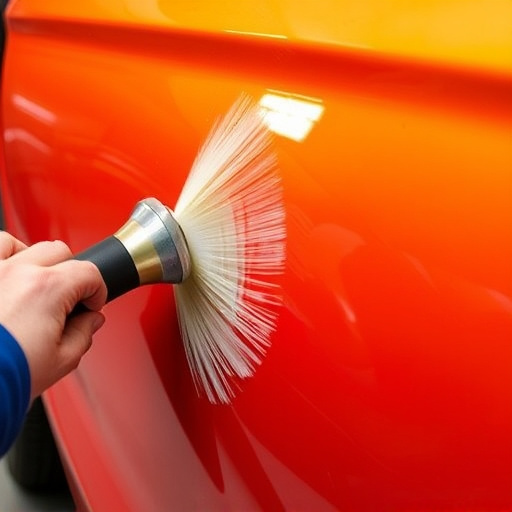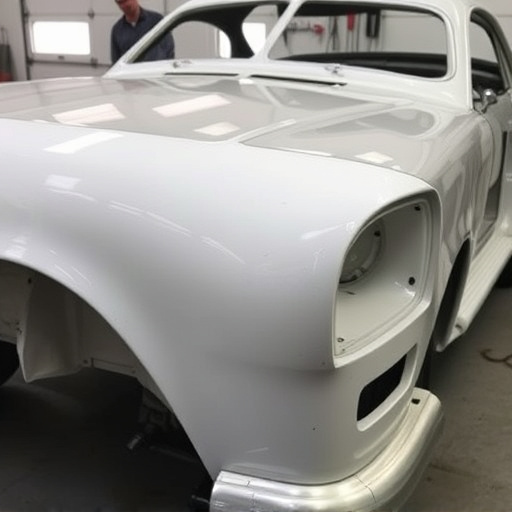Shops aiming manufacturer-approved repair status must meet stringent brand criteria for parts and techniques, including specific tool certifications and technician training. This process involves applications, on-site assessments, and ongoing staff training to prove expertise in services like collision repair and dent removal. Such approval offers customers high-quality, standardized work with warranties, while businesses gain access to specialized training, technology, authentic parts, improved satisfaction, and enhanced reputation.
Shops looking to expand their services and gain customer trust should consider becoming certified for manufacturer-approved repair. This article guides you through the process, from understanding stringent manufacturer requirements to navigating the certification steps. We explore the benefits—enhanced reputation, increased customer satisfaction, and improved business prospects—and how these approved repairs impact both consumers and businesses in today’s competitive market.
- Understanding Manufacturer-Approved Repair Requirements
- The Certification Process for Shops
- Benefits and Impact on Customers and Businesses
Understanding Manufacturer-Approved Repair Requirements
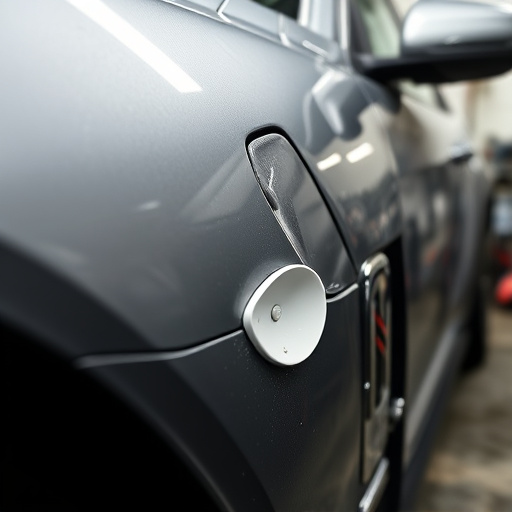
Shops looking to offer manufacturer-approved repair services must first understand the stringent requirements set by car manufacturers. These standards are designed to ensure that only authentic parts and methods are used, maintaining the vehicle’s original integrity and performance. By adhering to these guidelines, shops can provide high-quality collision repair services, dent repair, and even full car restoration, all while preserving the manufacturer’s warranty.
Each brand has its own set of criteria, encompassing everything from tool certifications to specific training requirements for technicians. Shops must stay updated on these evolving standards, ensuring their staff is well-trained in the latest techniques and technologies. This commitment not only guarantees customer satisfaction but also fosters trust in the shop’s ability to deliver precise and reliable car repair services.
The Certification Process for Shops
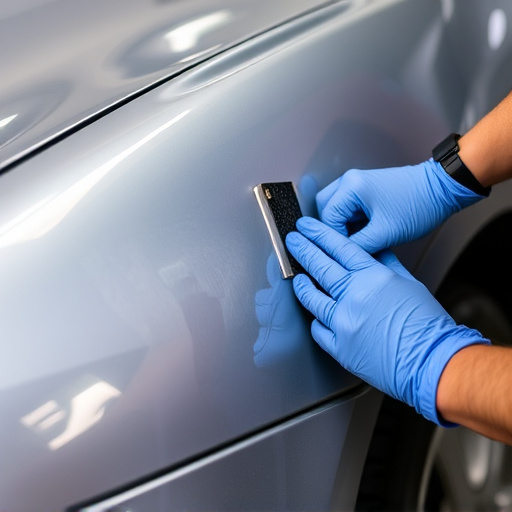
The certification process for shops aiming to provide manufacturer-approved repair services is rigorous and designed to ensure quality and safety standards. It involves a series of steps that commence with submission of an application, where the shop details its facilities, personnel qualifications, and equipment capabilities. This initial step sets the foundation for subsequent assessments, which may include on-site visits by representatives from the manufacturer. During these visits, inspectors verify compliance with technical specifications, safety protocols, and equipment calibration. The process also encompasses training for staff, ensuring they’re adept at utilizing the latest tools and techniques mandated by the manufacturer. Additionally, shops must demonstrate proficiency in specific services, such as automotive repair, car dent removal, or other specialized tasks, to meet manufacturer-set benchmarks.
Benefits and Impact on Customers and Businesses

For customers, manufacturer-approved repair services offer a multitude of benefits. Knowing that their vehicles are being serviced by professionals who adhere to the strictest standards and guidelines instills confidence in the quality of repair. This assurance is particularly important for complex tasks such as auto body repair or vehicle collision repair, where precision and accuracy are paramount. Furthermore, these repairs often come with warranties, providing customers with peace of mind and potentially saving them money in the long run by preventing costly future repairs.
Businesses, on the other hand, reap significant advantages from offering manufacturer-approved repair services. By partnering directly with manufacturers, shops can gain access to specialized training, updated technology, and authentic parts, enhancing their capabilities for handling a wide range of issues, including even the subtlest scratch repair. This specialization not only improves customer satisfaction but also boosts the shop’s reputation as a reliable and competent service provider. Moreover, it fosters stronger relationships with manufacturers, potentially leading to exclusive offers, better pricing, and additional resources that contribute to business growth and profitability.
Shops that undergo the certification process to offer manufacturer-approved repair services not only enhance their credibility but also provide customers with a guaranteed, high-quality fixing experience. By adhering to strict standards and requirements set by manufacturers, these shops ensure that repairs are performed accurately and efficiently, preserving the integrity of the product. This benefits both businesses and consumers, fostering trust and satisfaction in an era where genuine, reliable repairs are increasingly crucial.
